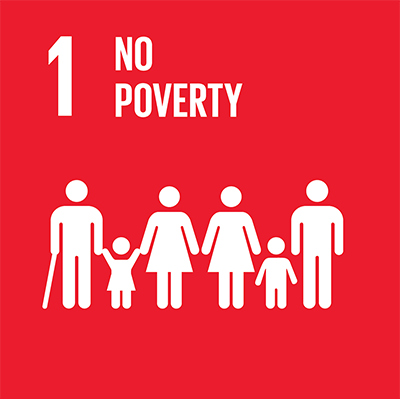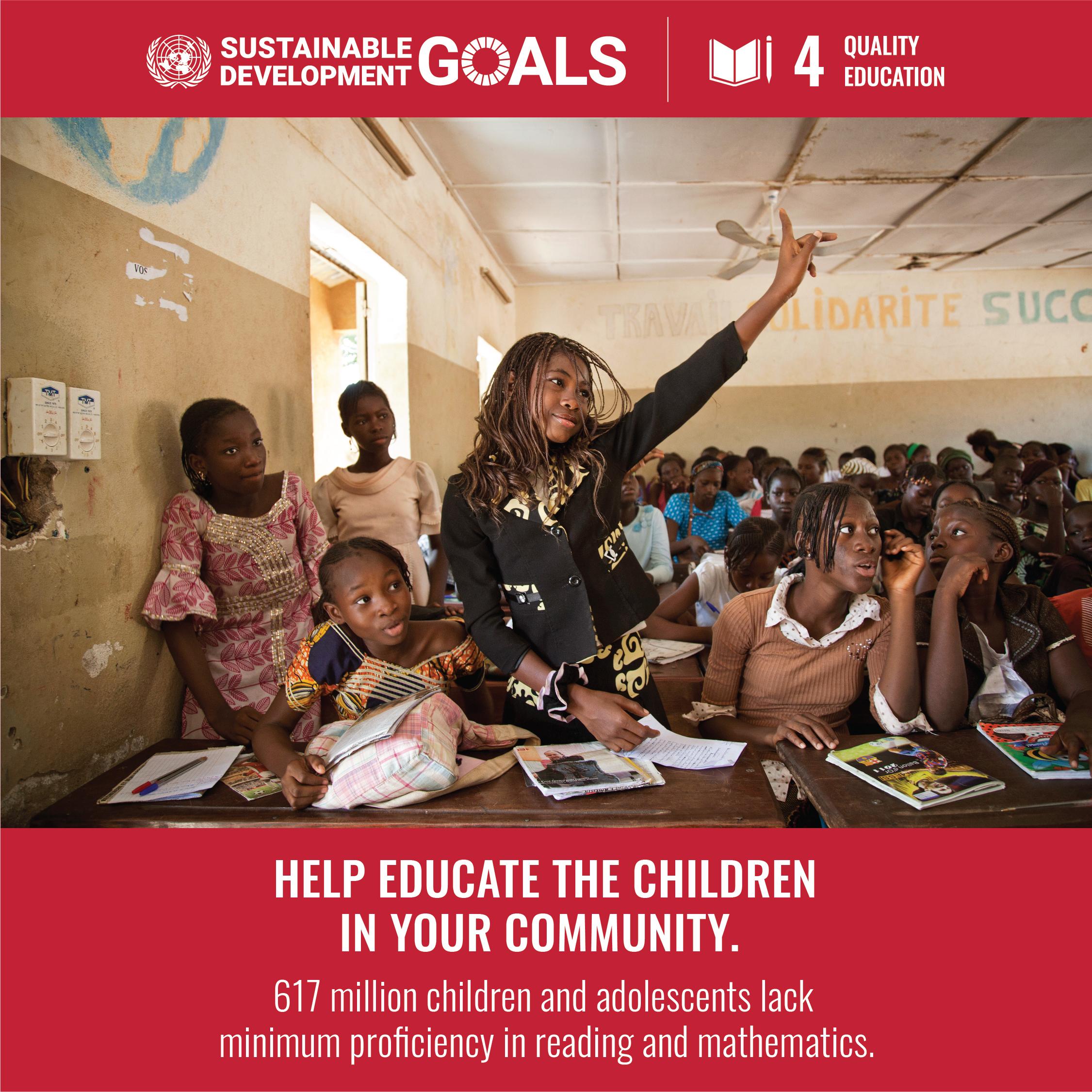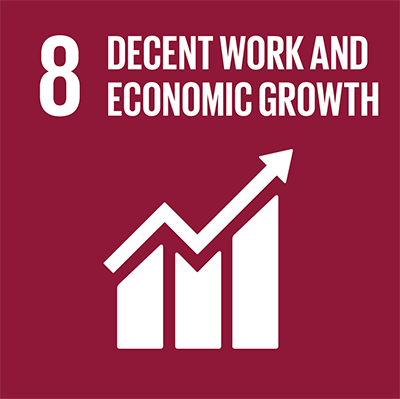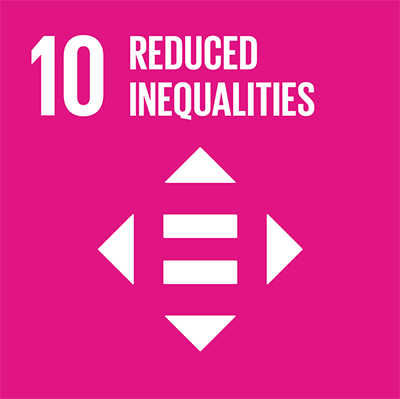
Design a Robotics Course
Code Chautari is an after school program for public schools in Nepal with a series of connected classes on Computer Literacy and Computer Programming. It aims to develop computer skills, build computational thinking and problem solving skills.
Currently we have a one year course where students learn basic computer skills and then transition to understanding basic concepts of computer programming using Scratch and Python. Our present curriculum includes only software programming.
Over the years with our experience, we have realized that kids want to engage with hardware and hands-on tangible materials as well apart from just coding on the computer. So we are looking for a person who can design a curriculum (along with all the detailed activities, teaching materials, lesson plans, etc) related to hardware programming and/or robotics.
The course can be targeted either towards a group of students with no programming knowledge and experience or a group of students with experience in Scratch Programming and basic understanding of programming concepts like loops, variables, operators, conditions etc.
The person will research all the tools, hardware and robotics kits that can be used to teach programming to the kids in a child-friendly way while also developing their computational thinking. The person will then design a full fledged robotics workshop with detailed lesson plans of each classroom activity. Later some mock classes will be done to observe students, take feedback and improve the lesson plans. They will have to think of a low-cost and easily available materials for the classroom.
With this volunteering project, you will get opportunities to:
a. Make an impact on Nepali kid's futures.
b. Interact with students of public schools in Nepal virtually.
c. Develop your course and learning design skills.
d. Better understand the educational challenges and opportunities in Nepal’s public schools related to Computer Science.
a. A Robotics Course Curriculum
b. Detailed lesson plans of each classroom activity
c. Instruction sheets of lesson plans wherever necessary
d. A learning assessment module as per required by the course
e. List of materials required, where to buy and their estimated cost
f. Facilitate classes based on the lesson plans to take feedback
g. Weekly update reports
h. A write-up (blog or article) about the overall process of designing the curriculum and how it might help kids learn programming
i. A write-up (blog or article) based on experiences from the classroom
j. A final report of the work done
a. Discussion with the school team and local teachers if required.
b. Virtual Classroom with white board, projector and computers with 16 students approximately.
c. Stationery readily available for use by the students during any lesson delivery.
d. If there is any classroom lesson that includes the use of kits viz. Arduino, Micro:bit and Makey-Makey, they are available for use by the students
Milestones
Final debrief
Final debrief with the Code Chautari team
Final report
Submit a final report (tasks completed, tasks not completed, challenges, future possibilities, etc.)
List of materials
Prepare a list of materials required and related cost estimates.
a. Think of locally available and low-cost materials
b. If there are materials that aren’t locally available, provide orientation to the team on where/how to buy them
Prepare a learning assessment module
Prepare a learning assessment module
a. The format and number of the assessments are up to the course designer
b. The assessment must include hands-on activities and must be project-based rather than just paper-based exams
Prepare well-designed printables
Prepare well-designed printables of curriculum, lesson plans, instruction sheets, etc.
Complete the course curriculum
Complete the course curriculum based on observations from class and discussions with Code Chautari team
Write about the experiences from the classroom
Write a piece (blog or article) about the experiences from the classroom; what worked, what didn’t work and needs to be improved, etc.
Final assessment
Final assessment and diagnostic test of students
Virtual class per week
At least one virtual class per week.
a. Any one lesson can be delivered
b. An existing teacher will help with the logistics and facilitation.
Two virtual meetings per week
Two virtual meetings per week with the Code Chautari team
For reporting, discussion and feedback.
Design first lesson plans
Design first few lesson plans based on curriculum and take feedback.
Write a piece (blog or article)
Write a piece (blog or article) describing the process of how the curriculum was made and how it will help the kids learn programming
5. Submit first draft
Submit the first draft of curriculum and take feedback
4. Submit initial plan of the project
and take feedback from Code Chautari team
Example:
Day 1: Research for an existing robotics curriculum
Day 2: Prepare a comparative analysis of at least 5 such curriculum mentioning what works for kids in Nepal, what doesn’t work and why, etc.
3. Virtual interaction with the students
and initial diagnostic test
2. Prepare a diagnostic test
to better diagnose the learning level and skills of the students
1. Orientation
a. Discuss with Code Chautari team to better understand objectives of the project, expectations and deliverables
b. Discussions about current learning level of students
Decision on the format of the course; target towards students with no skills or with basic skills?
Skills
Must have
Nice to have
Languages
Must have
UN SDGs supported
Code Chautari
Every child deserves to code and bring their imagination to life.
Our mission has five main pillars.
Computer Literacy
Make kids computer literate so that they can use digital tools and the internet to build other skills and knowledge required for higher studies or future career.
Computational Thinking
Develop computational thinking ideas ( Decomposition, Pattern Recognition, Abstraction and Algorithmic Design ) and problem solving skills through programming/coding as a tool.
Self-Directed Learning
Develop 'self-directed learning' mindset and researching skills. Build habits of using digital tools to strengthen and broaden knowledge in any topic or subject.
Career
Provide exposure to the kids about programming so that they can experience it first-hand and decide for themselves if they see it as a subject/career they want to pursue in the future.
4C's of 21st Century Learning Skills
Develop the four C’s - Collaboration, Creativity, Critical Thinking, Collaboration in students' mental processes required to adapt and improve upon a modern work/study environment












